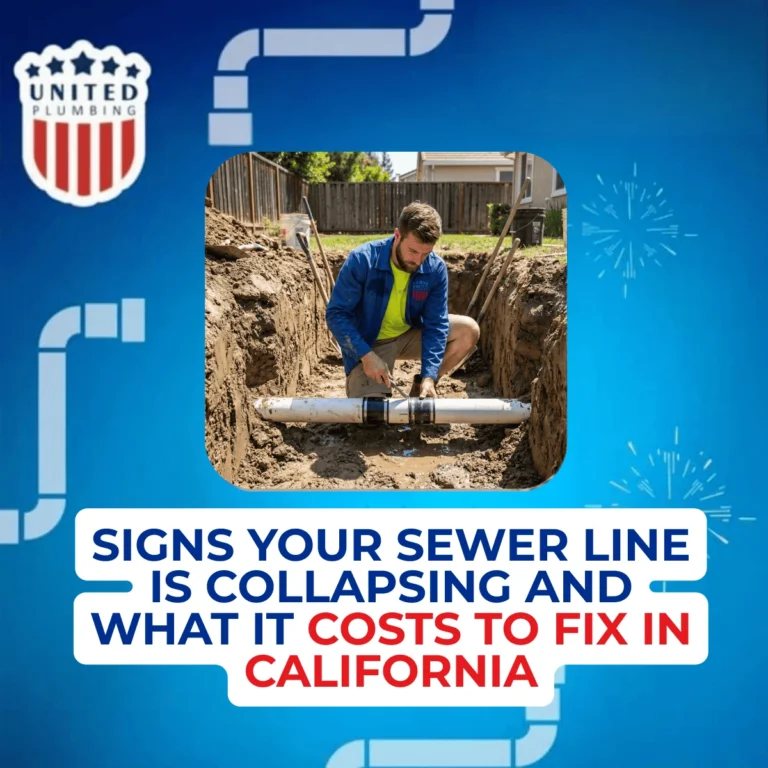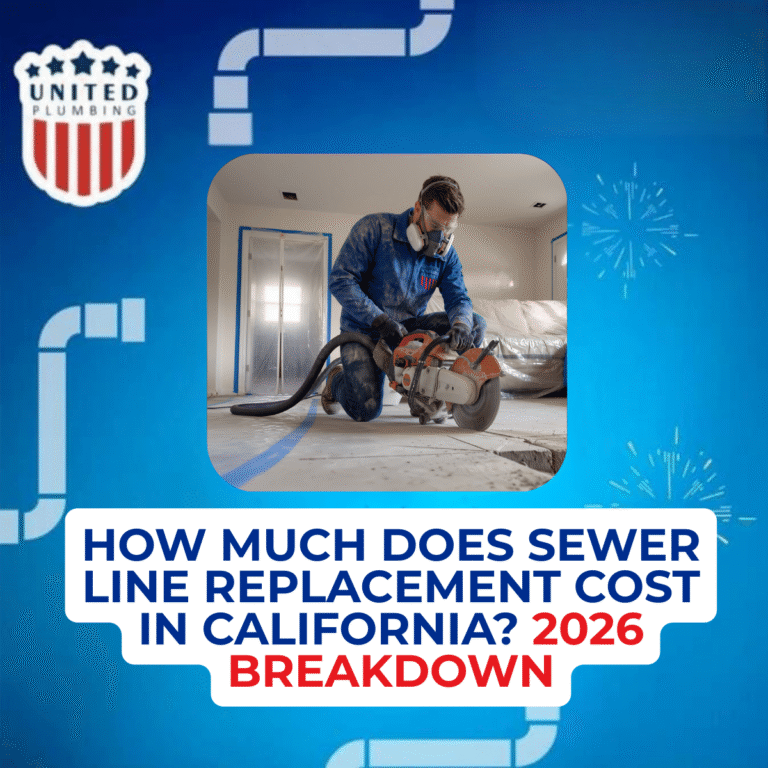FIVE-STAR TEAM WARRANTY &
SAME-DAY SERVICE
My Water Heater Is Making Noises: What It Means and How to Fix It
Don’t Ignore Your Water Heater When It Starts To Make Strange Noises
The noiselessness of water heaters is one of those things that make it best left alone–until it starts behaving oddly on its own. Do you hear your hot water heater making noise, such as thumping, banging, rumbling, or whistling? You might well wonder what’s causing these sounds—and if they should cause any alarm. Many water heater noises are harmless, but some indicate serious problems that need attention immediately.
Common Noises Of Water Heaters And Their Causes
Rumbling or Popping
If your water heater is making a popping noise like popcorn popping or a deep, resonant rumbling sound, it’s more likely because there are deposits of sediment at the bottom of the tank. Minerals from hard water build up over time, trapping liquid underneath them. When the water heats, it pushes through the sediment to make popping or rumbling sounds.
Solution: Try to drain the hot water tank. If this doesn’t help, consider installing water softeners to prevent further buildup.
Banging or Clanging
If your hot water tank makes a loud hum or noises that sound like someone in the pipes is banging on them, it may be water hammer. This is when water ceases or changes direction suddenly and occurs in pipes—for example, when a washing machine finishes receiving water or a faucet is shut off abruptly.
Solution:
- Install water hammer arrestors to absorb the shock.
- Check to see if there are any loose pipes and secure them with brackets or insulation.
Hissing or Sizzling
If your water heater is making noise like a hissing sound, you may have a leak. This happens when water drops on a hot burner or heating element and turns into steam.
Solution: Look for visible leaks and tighten up any loose connections. If the tank itself is leaking, you may have to replace it.
Whistling or Shrilling
Your water heater whistling may be due to water being forced through a small opening. This often occurs when partially open valves restrict flow, such as mineral-clogged pipes.
Solution:
- Ensure all stopcocks are fully open for proper water flow.
- If noise persists, consult a plumber to check for clogs or water pressure problems.
Crackling
If there is a crackling noise in your water heater, it is typically caused by condensation dripping on a hot burner. This is common with gas water heaters and is normally not a cause for concern.
Solution: Ensure good ventilation so that moisture can escape. If the noise worsens, have a pro check to see if there might be burner issues arising.
DIY Guide: Flushing the Hot Water Heater
Regularly serviced water heaters are crucial. A complete draining once every 12 months removes sediment and increases the unit’s lifespan. Here’s how you can do it on your own:
- Cut off the power source – For an electric hot water heater, turn off the circuit breaker. For a gas water heater, place the thermostat on “pilot.”
- Stop the water supply – Look for and switch off the cold water inlet valve.
- Attach a hose – Put this onto the drain valve and direct the other end to a safe drainage area.
- Drain the tank – Open the drain valve so that all water comes out. Be careful, since hot water will be flowing.
- Clean the tank – With the drain valve open and the cold water on, let it run till clear water comes out.
- Close the drain valve – Take the hose away and shut off the valve.
- Refill the tank – Open the cold water up and fill it right up before turning back on the power or rekindling the pilot light.
- Check for leaks – Examine all connections before returning the water heater to service.
But When DIY Isn’t Enough: The Value of a Professional Plumber
Your water heater may be able to deal with some maintenance on your own, but when it comes to water heater repair, calling a professional for help might be the better choice. Here’s why:
It Takes an Expert’s Eye: A professional plumber can identify hidden problems such as thermostat malfunction, rusted internal components, or heating element malfunctions.
Quality repair or replacement: If a part isn’t repairable, an expert can replace it for you in a way that prevents further damage.
Water Heater Installation: If your water heater is over 10 years old, a professional can guide you through compliance with building codes, fuel consumption, and energy efficiency rebates.
Maintenance Services: Regular checkups can extend the lifespan of a water heater and protect against unexpected breakdowns.
How to maintenance your water heater
How to Avoid Water Heater Noise in the Future
To get rid of problems like a noisy water heater, follow these tips:
- Drain the tank annually to remove sediment.
- Inspect the anode rod to prevent internal corrosion. Buy a new anode rod.
- Check for blocked or leaking valves.
- Install a water softener if you have hard water. Water softner types
What Is the Cost of a water softener
A noisy water heater can be an early warning sign of serious problems. Understanding the causes of water heater noises and taking action will extend its lifespan and prevent costly damage. If unsure, consult a pro for water heater maintenance, repair, or installation to keep your home comfortable.
Post views: 893
Water Heater Noises – Causes & Fixes
Why is my water heater making a popping noise?
Popping noises usually indicate sediment buildup at the bottom of the tank. As water heats up and pushes through the sediment, it creates these sounds. Flushing the tank can help remove the buildup.
Is a noisy water heater dangerous?
Not always, but some sounds can indicate serious issues. While minor noises like crackling or whistling are common, loud banging, rumbling, or hissing could mean leaks, pressure problems, or failing components that require immediate attention.
What does it mean if my water heater is making a loud banging noise?
A loud banging or knocking sound is often caused by “water hammer,” which happens when water suddenly stops or changes direction in the pipes. Installing water hammer arrestors or securing loose pipes can help fix this issue.
Why is my water heater hissing or sizzling?
A hissing or sizzling sound usually means there’s a leak. Water dripping onto a hot burner or heating element turns into steam, creating the noise. Check for visible leaks and tighten any loose connections. If the tank itself is leaking, replacement may be necessary.
How can I stop my water heater from making noise?
Flush the tank once a year to remove sediment buildup. Check for leaks and tighten loose connections. Install water softeners if you live in a hard water area. Secure loose pipes to prevent water hammer. Have a professional inspect the unit if noises persist.
Latest posts

Signs Your Sewer Line Is Collapsing And What It Costs to Fix in California
If this is happening to your home, it usually starts to destroy you foundation and your yard. There is nothing...

How Much Does Sewer Line Replacement Cost in California? 2026 Breakdown
In 2026, the average sewer line replacement cost in California ranges from 6,500 to 22,000 dollars. The final price...


If you still have questions or need advice, please leave a request and we will contact you as soon as possible
Need a plumber and got no clue where to start?
(408) 539-6936Facing a plumbing issue? Get a FREE in-person estimate and quick solutions from our skilled technicians, ensuring your home runs smoothly again!
